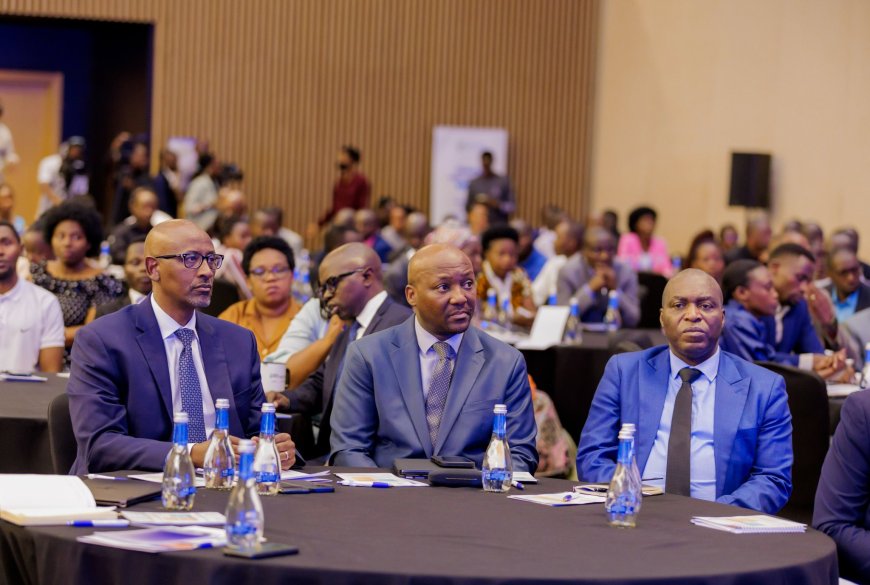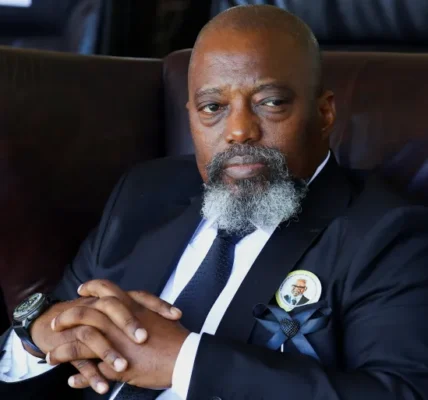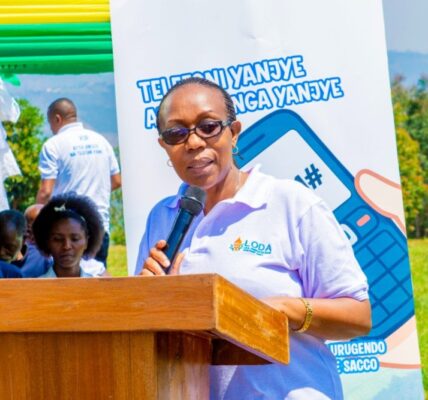Kigali, Rwanda – August 2025 – As Rwanda’s education system undergoes significant reforms, teachers across the country are calling for stronger professional support, improved working conditions, and policy adjustments to match the sector’s evolving needs.
According to the Ministry of Education, Rwanda currently boasts over 120,000 teachers. In the 2024/2025 academic year, 7,277 new teachers were recruited, highlighting the government’s continued investment in human capital.
This came to light during a recent national education dialogue, held as the ministry prepares to implement sweeping changes—most notably, the introduction of three distinct learning pathways in secondary schools, replacing the current combination-based model.
Progress Noted, but Challenges Persist
Consolee Urayeneza, a primary school teacher at GS Kacyiru II, expressed appreciation for recent government efforts, including:
- Digital recruitment systems that allow job applicants to sit for exams online and receive instant feedback;
- Language proficiency training programs, especially in English, the primary medium of instruction;
- And teacher salary reviews over the past few years.
“We appreciate the Ministry’s efforts in modernizing teacher recruitment and supporting our professional growth,” Urayeneza noted. However, she emphasized that more still needs to be done.
Cost of Living and Classroom Overcrowding
While salaries have improved, teachers argue they have not kept pace with the rising cost of living.
“When I began teaching, my salary was Rwf20,000. Although we’ve seen an increase, today’s prices require another review to maintain decent living standards,” Urayeneza added.
She also pointed out that programs like the school feeding initiative have encouraged higher student enrollment, which—despite the construction of thousands of classrooms—has resulted in overcrowding and reduced student-teacher interaction.
TVET and Language Training Needs
Teachers in Technical and Vocational Education and Training (TVET) institutions stressed the need for:
- More practical teaching materials
- Upgraded training infrastructure
- Expanded industry linkage programs to prepare students for competitive job markets, both locally and globally.
Meanwhile, teachers across the board requested a faster rollout of the English language training program, noting that many still lack adequate language proficiency.
Administrative and Financial Concerns
Teachers raised concerns about limited transfer opportunities, with only 78 out of 272 transfer requests approved this year.
Another major issue was the restriction of salary disbursement through Umwalimu SACCO, a cooperative bank exclusively for teachers. Some educators asked to be given freedom to use commercial banks of their choice.
In response, Minister of Education Joseph Nsengiyumva explained that Umwalimu SACCO was established on President Kagame’s initiative, modeled after the military’s Zigama CSS, to promote teachers’ financial independence and collective empowerment.
Promotion and Evaluation Processes Clarified
Minister Nsengiyumva clarified that:
- Teachers serve a nine-month probation period, after which their performance is evaluated;
- Promotions are granted every three years based on sustained, measurable impact in the classroom.
“We commend our teachers for their unwavering dedication,” the minister stated. “Yes, we’ve made strides, but we also recognize the areas that need improvement, and we are committed to working together to resolve them.”
Call for Continued Reform and Investment
The national forum concluded with a joint call for:
- Sustained government investment in teacher capacity building;
- Stronger policy implementation for equitable workload distribution;
- And increased collaboration between teachers, school leaders, and policymakers.
As the country prepares for a new phase of educational reform, stakeholders agree that empowering teachers is central to transforming learning outcomes and building a resilient education system.




